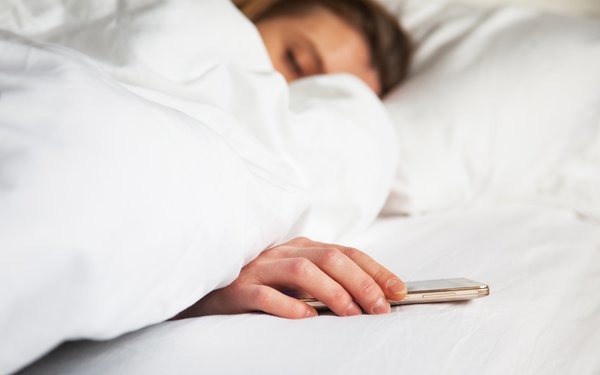
Many consumers have the capability to use Internet of Things technology while they sleep.
They actually can use the tech specifically to get information about their sleeping
habits.
There’s reason for that, since more than 59 million U.S. households have at least one sleep problem and more than half (51%) express a willingness to buy a sleep
tech product, according to a new study by Parks Associates.
More than a quarter (28%) of consumers in broadband households own a product that can track sleep. These include
fitness trackers, smart watches, mattresses with embedded sensors, standalone sleep tracking sensors products and apps to track sleep.
The challenge, which is typical with many
IoT innovations, is lack of awareness. Despite the growing penetration of big-brand wearables like Apple Watch and Fitbit devices, 35% of consumers are unfamiliar with smart watches and 31% are not
familiar with fitness trackers.
advertisement
advertisement
With more than half (57%) of consumers reporting suffering at least one sleep problem, ranging from trouble falling asleep to insomnia, almost half
(47%) say they need help to improve their sleep quality, according to the Parks study.
The market gap is pretty clear. While 47% need help improving their sleep quality, only 28%
currently own a sleep tracking product. The marketing opportunity: the 53 million people willing to buy a sleep tracking product.